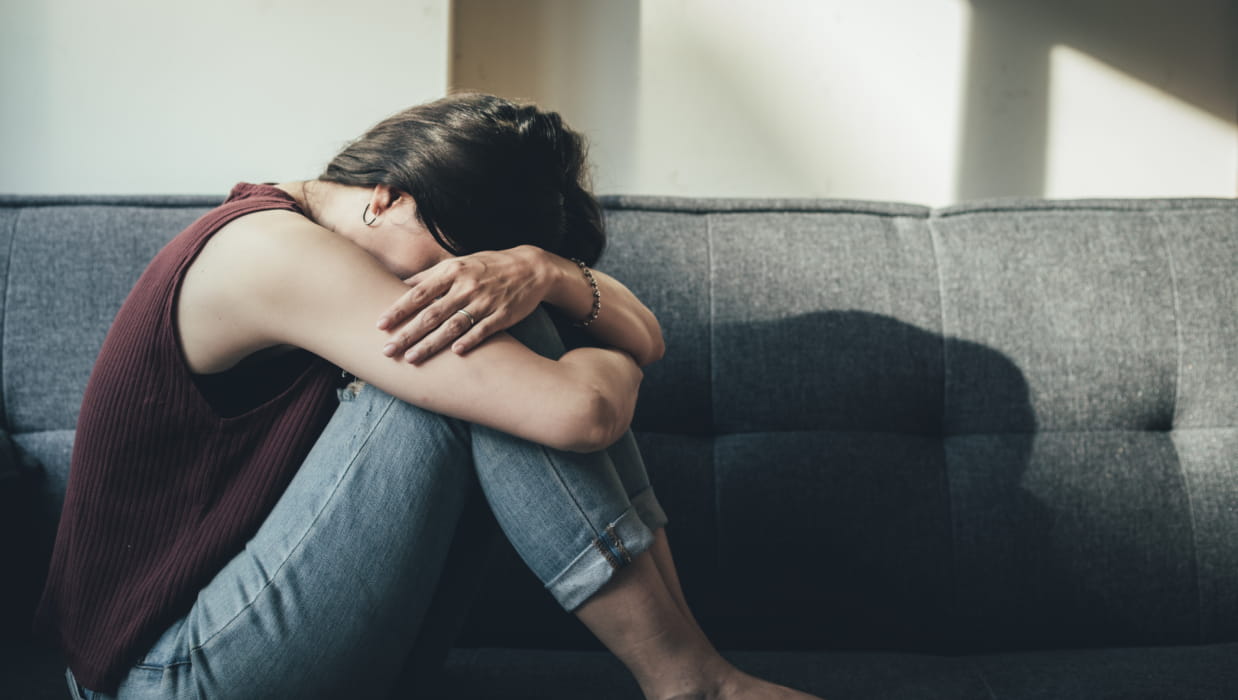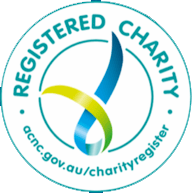
Do you feel intensely uncomfortable in social situations? Learn more about the symptoms of social phobia and how you can help yourself.
Fear is a universal human characteristic. We all have it, we just fear different things.
Restrictions on our social life (such as during a global pandemic!) can make interacting with others hard to return to for those with a social phobia.
Many people have some level of social anxiety, but if you find yourself scared to experience social situations because you find them to be stressful and a source of worry, then you will need to do some work to reclaim your life.
What causes social anxiety?
You aren’t the only one with this problem, social anxiety is quite common. Many people struggle with these fears, but the situations that trigger their symptoms can be different.
Some people experience anxiety in most social situations. For others, anxiety is connected to specific social situations, such as speaking to strangers, mingling at parties, or performing in front of an audience. Common social anxiety triggers include:
- Meeting new people
- Making small talk
- Public speaking
- Performing on stage
- Being the centre of attention
- Being teased or criticised
- Talking with authority figures
- Being called on in class
- Going on a date
- Speaking up in a meeting
- Taking exams
- Taking phone calls
Most people first experience social anxiety when they are teenagers. Without addressing the anxiety, symptoms can progress and even become more debilitating.
How to work on your social anxiety
It may feel like you can't do anything about the symptoms of social anxiety disorder or social phobia. In reality, many things can help. The first step is challenging your mentality!
Social anxiety sufferers have negative thoughts and beliefs that contribute to their fears and anxiety. Challenge your negative thoughts – it’s a great way to reduce the symptoms of social anxiety.
Step 1: Identify the automatic negative thoughts that underlie your fear of social situations. For example, if you are worried about an upcoming school presentation, the underlying negative thought might be - “I’m going to blow it. Everyone will think I’m a complete idiot."
Step 2: Analyse and challenge these thoughts. Ask yourself - “Do I know for sure that I’m going to blow the presentation?” or “Even if I’m nervous, will people actually think I’m stupid?" By looking logically at your negative thoughts, you can gradually replace them with more realistic and positive ways of looking at social situations that trigger your anxiety.
Start focusing on other people, not yourself. When we’re in a social situation that makes us nervous, we can get caught up in our anxious thoughts and feelings. You may be convinced that everyone is looking at you and judging you. This excessive self-focus just makes you more aware of how nervous you’re feeling, triggering even more anxiety
Switching from an internal to an external focus can help reduce social anxiety. This is easier said than done, but you can’t pay attention to two things at once. The more you concentrate on what’s happening around you, the less you’ll be affected by anxiety.
- Focus your attention on other people
- Remember that anxiety isn’t as visible as you think.
- Really listen to what is being said
- Focus on the present moment
- Release the pressure to be perfect
- Sometimes you just have to face your fears! Find a supportive social environment, such as an activity class at your local PCYC NSW club or a volunteering opportunity, and challenge yourself. No matter how awkward or nervous you feel in the
- company of others, you can learn to silence self-critical thoughts, boost your self-esteem, and become more confident and secure in with others.
If you still need more help, reach out to a mental health organisation such as Headspace or Beyond Blue.







